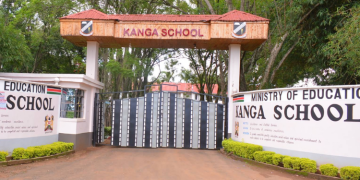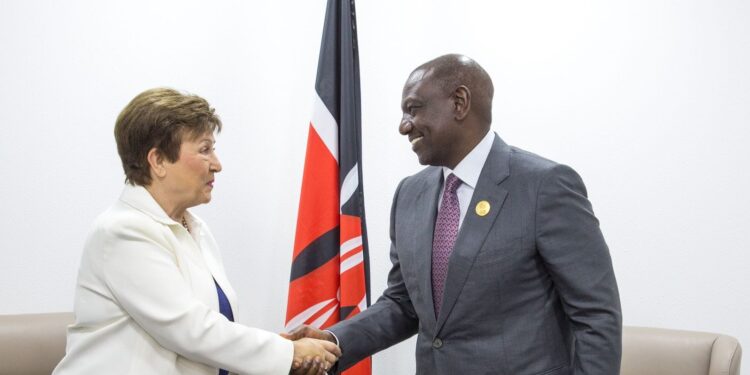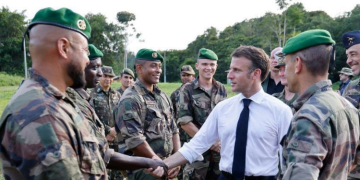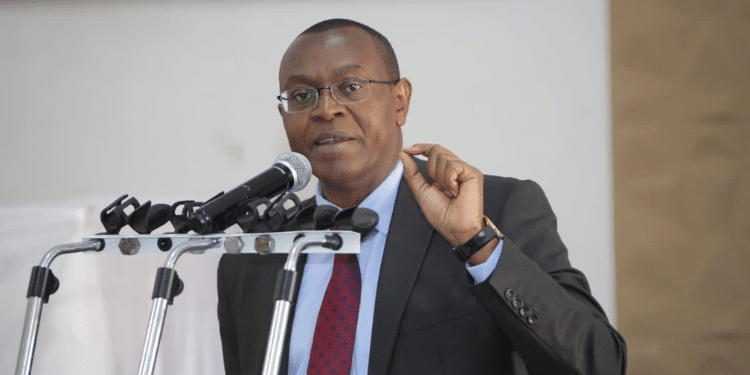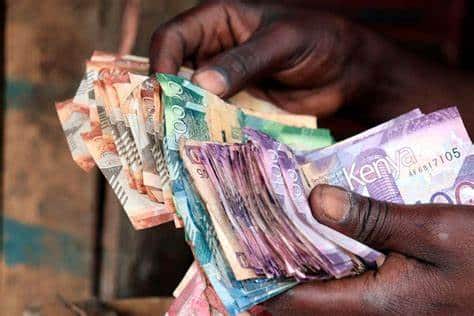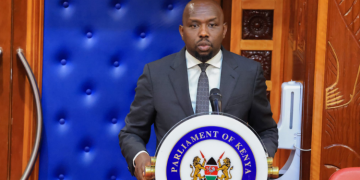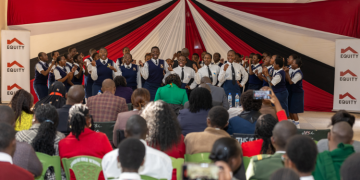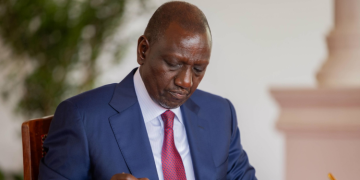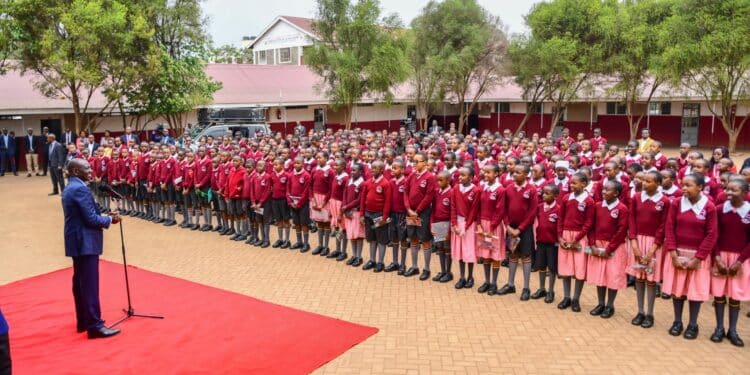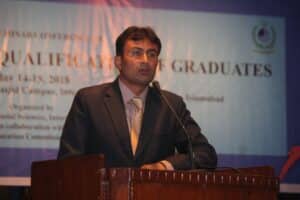Sub-Saharan Africa has the highest rates of education exclusion. Over one-fifth of children between the ages of about 6 and 11 are out of school, followed by one-third of youth between the ages of about 12 and 14. This is according to reports by the United Nations Educational, Scientific and Cultural Organization (UNESCO). In Eastern and Southern Africa, 62 million children, adolescents, and youth are projected to be out of school by 2030. Without substantial action, approximately 89 percent of school-aged children will be ‘learning poor’ if a survey by the World Bank is anything to go by.
At the Africa Human Capital Summit in July 2023, 43 African leaders signed the Dar es Salaam Declaration and assured to increasing availability, affordability, and quality education, and improving literacy rates to 75% by 2030.
It is estimated that up to twelve million young Africans are joining the job market every year. By 2050, Sub-Saharan Africa will be the leading and youngest workforce in the world (World Bank).
Existing Situation of Basic Education in Africa
The Government of Kenya has allocated sufficient budget to education, to implement reforms such as the Competency Based Curriculum and one hundred per cent transition from primary to secondary school (UNICEF).
However, poor quality of teaching and lack of availability of classrooms in view of the enrolled students are the issues that need to address urgently in Kenya.
Also Read: Transforming African Education System with 21st Century Skills
Ghana’s commitment to universal education has taken an important step forward, even though nearly 623,500 children are still not enrolled in primary school and one out of four children in the kindergarten age range are not in pre-school, according to UNICEF.

Nigeria is considered as taking the world’s greatest out of school population. In Nigeria, about 10.5 million children are not in school although primary education is officially free and compulsory.
Similarly, in Somalia, more than three million children are out of school (UNICEF) with the primary school completion rate standing at 54 percent in 2021 for girls and 61 percent for boys as per UNESCO records.
A lot needs to be done
In Sudan, over 4.6 million children have fled their homes in search of food, safety and basic services.
Elsewhere, Benin has made important steps in expanding access to education in remote areas. Benin faces a low learning crisis compared to other African countries (UNESCO). Similarly, Burundi has made significant progress in increasing access to education. There are 5.23 million children in Burundi who are of school age in which 65% attend public schools.
Cameroon, like many other nations in the African continent, faces a range of educational challenges that limit access to quality of education. Here, 556,000 school-age children have difficulties to access basic education (UNICEF).
UNESCO is speeding up its investment in education in the Democratic Republic of Congo as the authorities there seek to increase funds allocated to the education sector up to 20 percent of the country’s budget.
Also Read: Educating Nomadic Children: A Global Concern to Focus
What’s more, Eritrea has significantly increased the number of schools and teachers over the last decade, but enrollment has altered, and many children are yet out of school. The national policy provides for access to education free-of-charge to all Eritreans. Education in Eritrea is officially compulsory between 7 and 16 years of age.
Challenges in Access
Policies for the provision and access to basic education reflect equal and free education for all children in Africa. Implementation and ensuring the effectiveness of policies for the provision of free and equal education is the responsibility of respective governments.
Still, challenges exist in the implementation of the policies including the lack of financial resources, lack of human resource, inequality in education and lack of political will.
The Way Forward:
Peace needs to be ensured for the success of teaching learning process in the conflicting areas in Africa. The areas with low literacy rate need to be more focused with the provision of schools and teaching material.
The United Nations has a prominent role in promoting the basic education in Africa. UNESCO is leading in advancing learning across Africa as it attempts to confirm inclusive and equitable quality education for all particularly in rural areas.
Follow our WhatsApp Channel for real-time news updates:
https://whatsapp.com/channel/0029VaB3k54HltYFiQ1f2i2C


